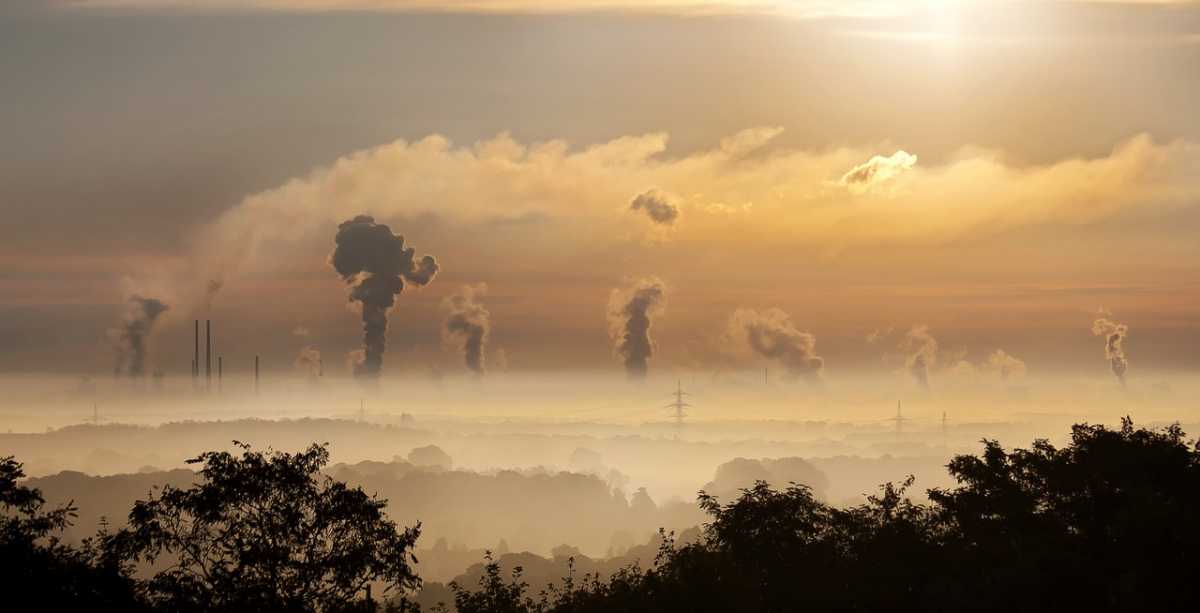Earth Day always falls during the spring, inspiring a renewed sense of environmental stewardship. This year, take time to reconnect with and appreciate nature with activities like San Diego whale watching. Learn more about current and potential threats to the environment, the interdependent relationship between humans and the earth, and what you can do to help.
Why the Environment Is in Danger
The hard truth is that humans are responsible for much of the damage caused to the earth. The biggest ecological threats attributed to human behavior are:
- Climate change: Human activities like deforestation and burning fossil fuels result in high levels of harmful greenhouse gas emissions. Greenhouse gas pollution, a primary cause of climate change, leads to warmer air, melting ice caps, rising sea levels, and severe weather events.
- Pollution: From litter-covered sidewalks to smog-filled skies, the damaging effects of a consumer-driven culture can be seen just about anywhere. Industries’ irresponsible practices and individuals’ wasteful tendencies have overwhelmed landfills, polluted the air, and spilled tons of trash into the ocean.
- Excessive population growth: A population spike by itself is not a problem. Issues mainly arise from inefficient use of limited and finite resources, forcing many people to go without basic needs.
- Deforestation: Rampant deforestation is wiping out trees and displacing wildlife at an alarming rate, threatening species that are vital to healthy ecosystems.
The Importance of Protecting the Earth
Mother Earth needs humans back on her side. Here are five reasons to help:
1. The future of younger generations depends on it.
Pay it forward and preserve the environment for your children and grandchildren’s benefit. Be a role model of eco-conscious living for future generations.
2. Ecosystems are vulnerable to human activity.
Human survival depends on healthy and balanced ecosystems. Any action that disrupts an ecosystem can have catastrophic consequences for humankind.
3. Biodiversity keeps the earth balanced.
Wildlife conservation efforts prevent the loss of diversity. Humans need an abundant variety of plants and animal species to maintain the food supply.
4. All resources for survival come from nature.
Humans can get nearly everything they need from natural sources. Bees provide honey. Trees give off oxygen. Oceans are useful to man in different ways. Protecting natural resources deserves to be a top priority.
5. A healthy environment positively impacts the economy.
Environmental threats increase the risk of natural disasters, depleted resources, and food insecurity — all factors of economic crisis. Preserving the earth leads to economic growth.
Doing Your Part To Help Save Our Ecosystems
Examine your daily practices and look for sustainability habits that can make a difference. Even the smallest changes can have a big impact:
- Conserve water by taking shorter showers, watering plants with cooled cooking water, and turning off the faucet while brushing your teeth.
- Use less energy by using LED bulbs, unplugging appliances when not in use, and setting up smart devices to regulate heating and cooling systems.
- Buy natural products that come in compostable and biodegradable packaging.
- Recycle and compost to reduce what ends up in a landfill.
- Support businesses that focus on sustainability.
Taking moments to enjoy nature can help remind you why it’s important to care for the earth. Book a private boat charter San Diego with an environmentally responsible tour company. Marvel at the beauty of the ocean and all its wildlife.

